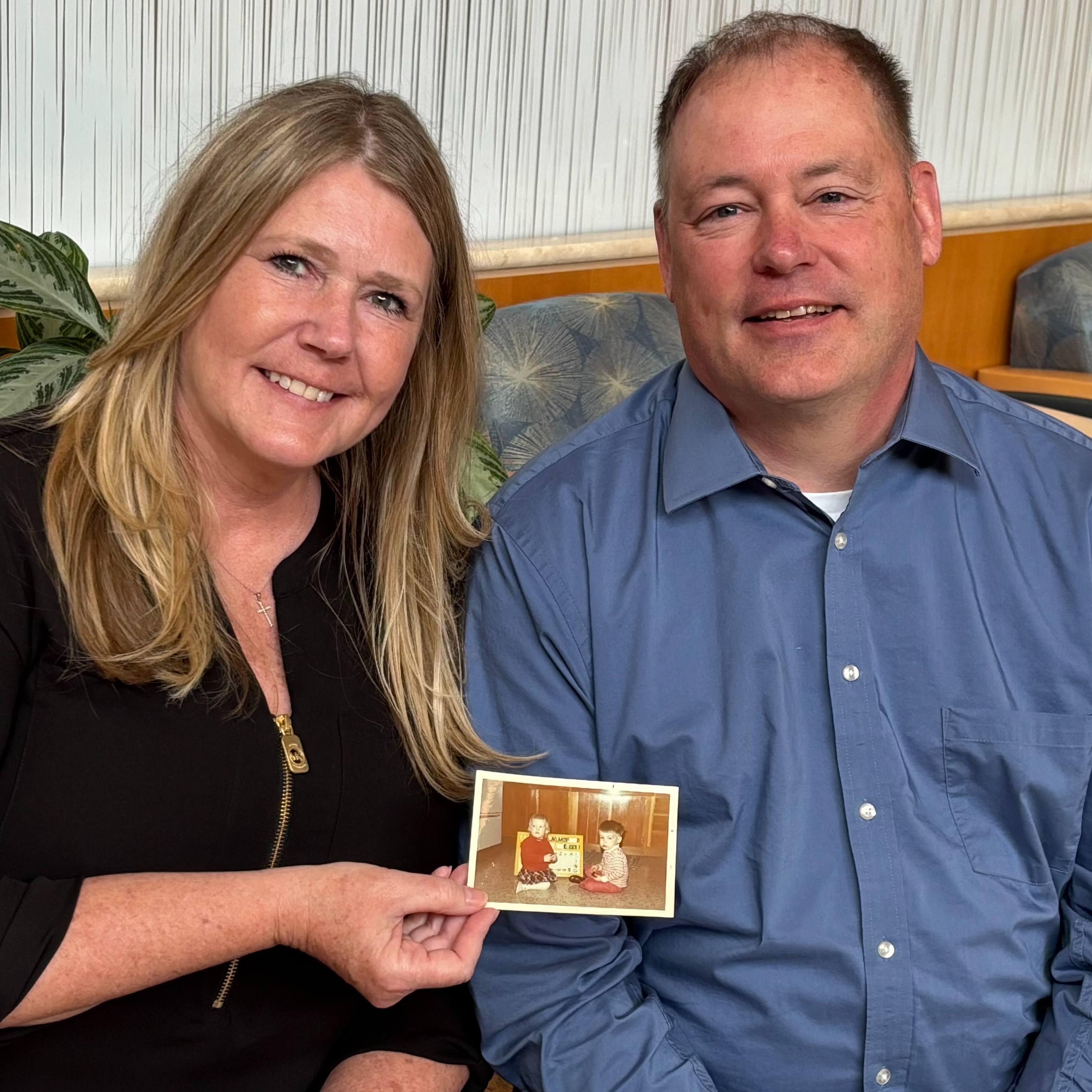-

Quality Variations Exist, Even Among Leading Health Systems
Lebanon, NH, and ROCHESTER, Minn. — May 10, 2012. Five leading health systems are changing aspects of how they perform total knee replacements, as a result of data they collected that showed variations in length of stay, length of operating room time, and in-hospital complications. The voluntary testing of clinical measures and processes they identified as potential "best practices" is a step toward their goal of higher quality care, at lower cost.

Founding members of the High Value Healthcare Collaborative (HVHC) are Cleveland Clinic, Dartmouth-Hitchcock, Denver Health, Intermountain Healthcare, Mayo Clinic, and The Dartmouth Institute for Health Policy and Clinical Practice (TDI). In a paper released by Health Affairs as a Web First on Wednesday, May 9 at 4PM ET, the HVHC outlined the first results from their study of nearly 11,000 total knee replacements performed across the five health systems. Comparison data showed "considerable" differences among the institutions in procedures and outcomes, the authors report. These included:
- A difference of more than one full day in length of stay between the system with the shortest average length of stay (3 days) and that with the longest (4.2 days)
- A difference of 25 minutes in the time spent in surgery, ranging between 80 and 105 minutes
- A rate of readmissions ranging from 2.2 percent to 4.6 percent
Data gathered by the HVHC teams examined factors including demographics and previous health conditions of the subject patient populations, the experience and caseload of physicians performing the surgery, make-up of the care teams, and patient care information from pre-admission through one-year post-discharge.
In addition to the variations above, findings revealed that surgeons who perform higher numbers of total knee replacements (TKR) tend to have shorter operating times, shorter lengths of stay, and fewer in-hospital complications. Patients who were older and sicker generally had longer lengths of stay and more in-hospital complications. Almost 90 percent of the patients — aged 18-89 — were overweight, obese, or morbidly obese.
The TKR data collection and analysis will be extending throughout 11 additional health systems that have joined the Collaborative. The five founding members, however, are already testing some changes based on the findings to date. These improvements are intended to achieve more coordinated management of complex patients, more consistent operative teams for surgeons, and a process to improve the management of patient expectations.
As an example of one of the clinical process changes being made, several HVHC members are considering dedicated operating room teams that specialize in total knee replacement. The data showed that the one institution to consistently match surgeons with the same specialized team of technicians and nurses consistently had the shortest operative times. This is significant because longer time in surgery is associated with higher inpatient complication rates.
The intention of the HVHC is to identify best practices and subsequently move them out to other health care institutions so that all providers and patients can benefit from this work. According to the authors: "The initial findings&provide benchmark data against which other health systems might measure themselves, demonstrate opportunities for learning and improvement within and across the health care delivery organizations, and identify further opportunities to improve delivery of total knee arthroplasty."
The Collaborative was founded in 2010 and identified nine high volume, high cost, high variation conditions to focus on, with the goal of improving care and outcomes, reducing variation, and lowering costs. In addition to TKR, the conditions are: diabetes, congestive heart failure, depression, spine surgery, labor and delivery, asthma, hip surgery, and bariatric surgery. A further description of the Collaborative work can be found here.
Primary total knee arthroplasty (single knee replacement) was chosen as the first condition to study, based on its increasing prevalence and cost. In 2008, TKR inpatient costs exceeded $9 billion. Between 2005 and 2030, the demand for the procedure is projected to grow by 673 percent or 3.48 million procedures annually.
The paper, featured as a Health Affairs "Innovation Profile", and titled A Collaborative of Leading Health Systems Finds Wide Variations in Total Knee Replacement Delivery And Takes Steps to Improve Value, was authored by Ivan Tomek, MD, FRCSC, of Dartmouth-Hitchcock. Co-authors are Allison Sabel, MD, PhD, MPH, of Denver Health; Mark Froimson, MD, MBA, and George Muschler, MD, of Cleveland Clinic; David Jevsevar, MD, and Lucy Savitz, PhD, of Intermountain Healthcare; David Lewallen, MD, MS,and James Naessens, ScD, of Mayo Clinic; Karl Koenig, MD, MS,of Dartmouth-Hitchcock; James Westrich, MS, and William Weeks, MD, MBA, of The Dartmouth Institute for Health Policy and Clinical Practice; and James N. Weinstein, DO, MS, of Dartmouth-Hitchcock and The Dartmouth Institute for Health Policy and Clinical Practice.
In addition to the founding health systems, HVHC members are: Baylor Health Care System, Beaumont Health System, Beth Israel Deaconess Medical Center, North Shore–LIJ Health System, MaineHealth, Providence Health and Services, Scott and White Healthcare, Sutter Health, UCLA Health System, University of Iowa Health Care, and Virginia Mason Medical Center.
###
About Mayo Clinic:
Recognizing 150 years of serving humanity in 2014, Mayo Clinic is a nonprofit worldwide leader in medical care, research and education for people from all walks of life. For more information, visit 150years.mayoclinic.org, www.mayoclinic.org and newsnetwork.mayoclinic.org.
Media Contact: Shelly Plutowski, 507-284-5005 (days), newsbureau@mayo.edu







